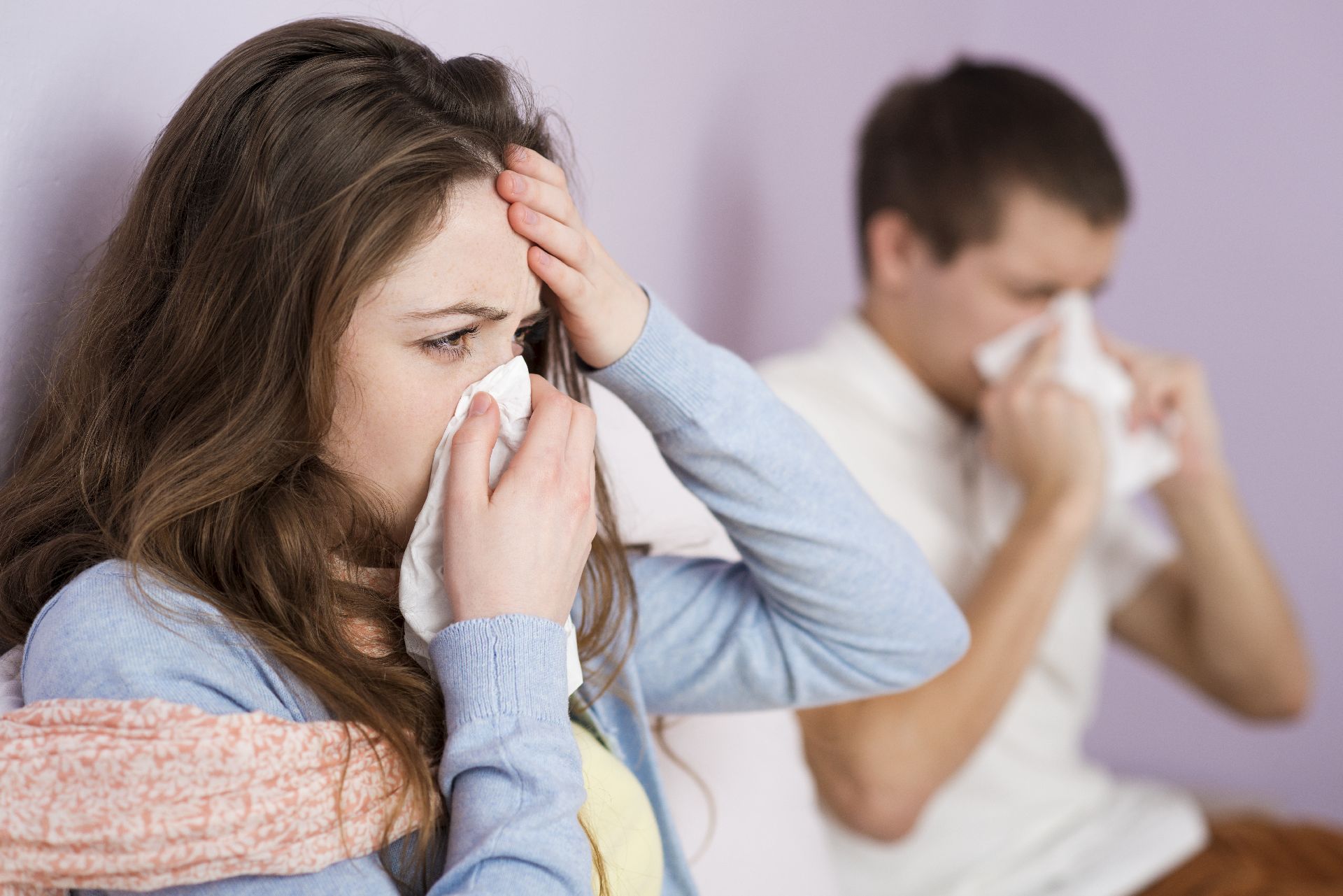Can Air Purifiers Make You Sick?

Many people are using air purifiers in their home to help keep the air clean, but there is some debate over whether these devices are harmful to your health. They can be a great way to keep the air quality in your home clean, and by doing so help you stay healthy. In fact, for […]